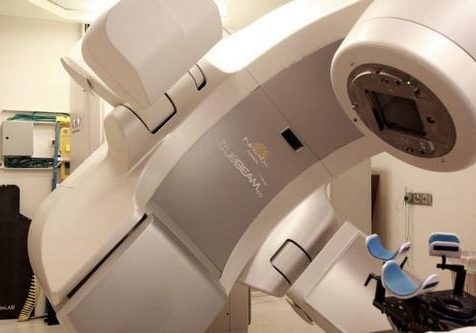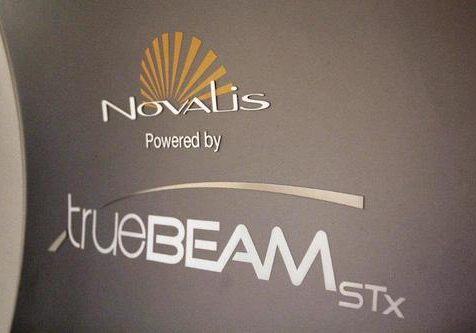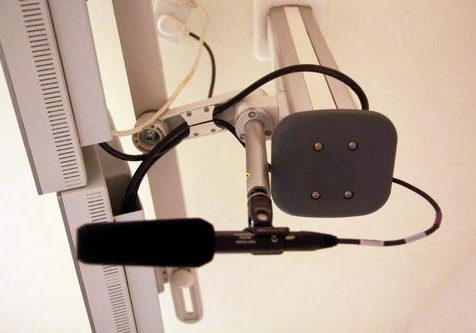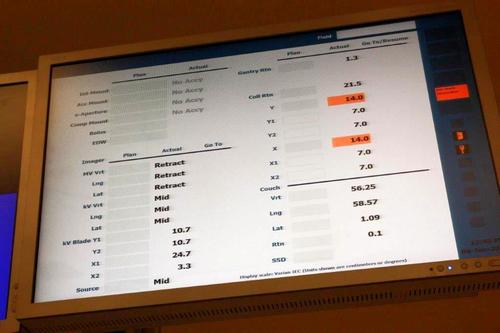RapidArc Radiotherapy
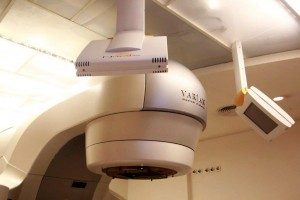 The world-class Assuta Medical Center uses RapidArc radiotherapy as part of treatment for a wide array of oncological diseases. Also known as VMAT (Volumetric Arc Therapy) it is an advanced form of IMRT (intensity-modulated radiation therapy), used to deliver radiation therapy with a 360° rotation.
The world-class Assuta Medical Center uses RapidArc radiotherapy as part of treatment for a wide array of oncological diseases. Also known as VMAT (Volumetric Arc Therapy) it is an advanced form of IMRT (intensity-modulated radiation therapy), used to deliver radiation therapy with a 360° rotation.
The technology has been developed by US’s Varian Medical Systems, which is considered amongst the leaders in radiotherapy technologies. Its main advantage is its ability to rotate. While most other radiotherapy devices are capable of delivering beams at a 10° angle, RapidArc has a 360° range (so rather than having to stop the treatment when readjustments are needed the tumour can be irradiated from all sides, taking into account its shape). It also allows to modulate the intensity during the treatment, and minimize damage to tissues around the tumour. This means that a RapidArc treatment session takes only 1/5th of the time a conventional radiotherapy session does and causes fewer side effects.
Uses
RapidArc Radiotherapy can be used to treat all types of oncological diseases. It is most effective in treating renal, intestinal, bladder, lung, spinal cord and prostate malignancies. It should be noted that the RapidArc technology gains in efficacy when used as part of a combined therapy (i.e. radiochemotherapy).
Treatment of prostate cancer
The efficacy of RapidArc therapy in prostate cancer treatment depends on the radiation dose. As the disease predominantly affects older patients, excessive irradiation of normal tissues surrounding the tumorous growth can lead to unwanted side effects. RapidArc allows hitting the tumour with optimal levels of radiation (74-76 Gy); these levels are virtually impossible to achieve with other technologies.
Treatment of brain tumours
RapidArc is also effective for treatment of brain and neck tumours. The head and neck house radiosensitive organs: brain and spinal cord structures, parotid glands, and mucosa of the larynx. Even small amount of radiation to these can lead to sever side effects, so precise targeting is required. RapidArc is perfect for this kind of treatment, thanks to its design, which allows adjusting the dose of radiation mid-treatment and rotational capabilities. It also negates the need for the patients to use a special, uncomfortable mask during the sessions.
Treatment of abdominal malignancies
RapidArc radiotherapy has been shown to be more effective in treating abdominal malignancies than others methods of radiation therapy. It is also important to note that RA reduces irradiation to the kidneys (for example during treatment for duodenal cancer), thus preventing many side effects common with other methods, where this reduction is unachievable.
